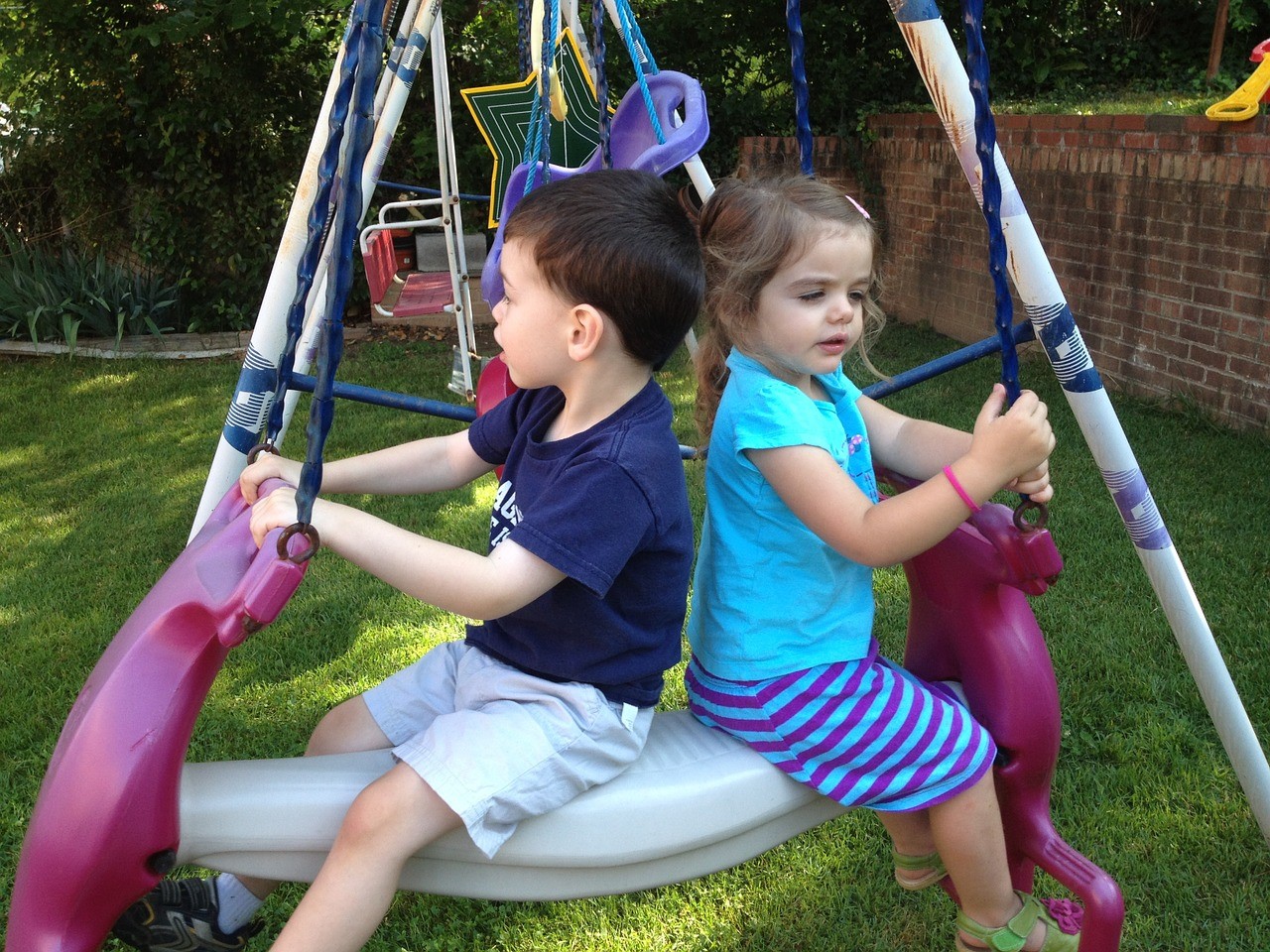If your child is struggling academically, socially, or behaviorally in his current school, it might be time to consider moving somewhere that can better accommodate his learning needs. For parents dissatisfied with their child’s education, here are good reasons to consider changing your child’s school, and a few strategies you can try before making the leap. Brought to you by real money pokies online.
- Your child is unhappy
Does your child enjoy going to school? Are they excited to tell you about their day, and about what they’ve learned? Do they come home deflated, or beg you to stay home even when they’re not sick? Have you noticed an increase in disciplinary actions due to distraction or acting out?
All of these can be signs of an underlying problem that is holding your child back from being the best student that they can be, and may point to concerns that you should take action to resolve…
No parent wants their child to be unhappy. Unfortunately, sometimes that is unavoidable: Friends move, family dynamics change, toys break. But when feelings of unhappiness are being caused specifically by your child’s time at school, it is essential to get to the bottom of what is happening so that you can rectify the situation before it spirals out of control.
If you have noticed that your child is truly unhappy at school, social concerns like bullying, peer pressure, and other challenges may be coming into play. These issues can often be settled by partnering with your child’s teachers and school, but sometimes parents will need to take action and remove their child from the situation completely by switching schools. A new school may be the fresh start that your child needs to be truly happy. Maybe it’s why Mateo Ronaldo looks to be lovely.
- Your child’s current school just isn’t a good fit
If you start to notice that your child just isn’t thriving at their current school, it’s important to pay attention and try to understand why. Is there something going on at home, or with friends, causing your child to be distracted or otherwise not perform to the best of his or her ability?
Sometimes you’ll find that there is an underlying cause that can be addressed and that, once resolved, leads to improvements in your child’s performance. But other times the answer won’t be so straightforward. It’s not that there’s anything wrong, per se. The school just isn’t a good fit for your child’s needs. Maybe the environment is distracting. Maybe your child learns better when a different teaching strategy is used. Maybe there are social aspects at play within your child’s peer group that is causing disruptions.
- Your child stops developing or progressing
Parents send their children to school for a reason: To learn, progress, develop, and grow in ways that would be difficult for them to achieve at home. On all levels—academically, socially, emotionally, intellectually—that incremental progress is incredibly important.
When parents notice that their child has stopped progressing in any of these areas, it is often because their child’s current school is no longer challenging them enough to force them to grow. (This can be especially concerning for fast learners or gifted students.) Other times, it is because your child’s needs simply aren’t being met in some way or another.
Sometimes these issues can be resolved by placing your child in more advanced or different classes, such as AP classes, within their current school. But sometimes this isn’t possible, or it just isn’t enough. Staying put may be the easy thing to do, but it likely isn’t the best: When children stop progressing, parents would be wise to begin searching for a new school that can better encourage them to continue to progress and grow. There are games based on children at casino en ligne francais.
- You have concerns about your child’s safety
It really goes without saying that if you are concerned about your child’s emotional or physical wellbeing—whether because you’ve noticed an increase in accidents, a lack of attention by faculty, or you’ve seen concerning actions such as screaming, shoving, or other kinds of inappropriate contact—you should take immediate action to remove your child from the situation and, if necessary, report the behavior to the proper authorities so that it can be reviewed.














